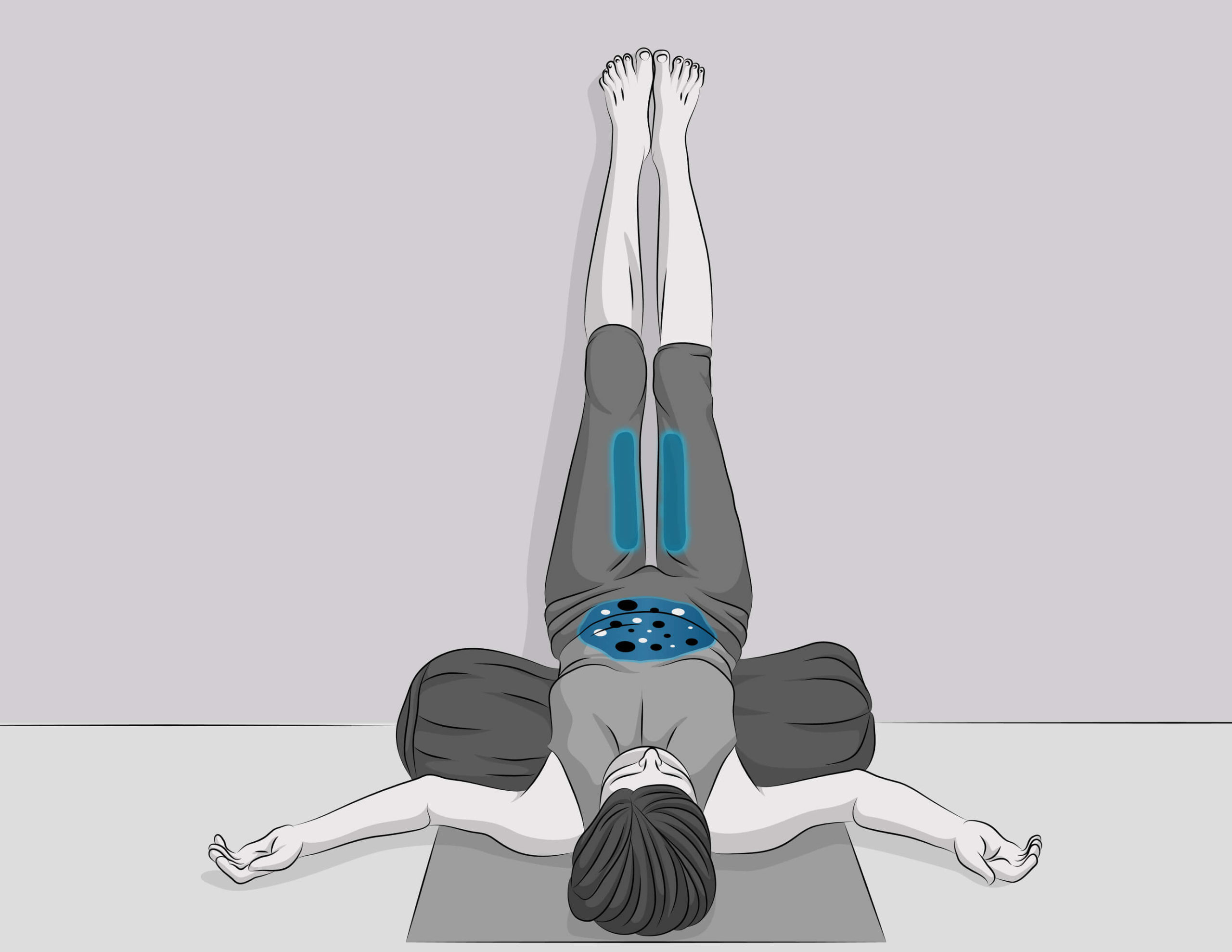Understanding Gluten and Its Effects on Health
Before you decide to adopt a gluten-free diet, it is essential to understand what gluten is and how it affects the body. Gluten is a protein found in wheat, barley, rye, and triticale. For most people, consuming gluten is not a problem and does not cause adverse health effects. However, for individuals with certain health conditions, gluten can lead to serious issues.
Celiac Disease and Gluten Sensitivity
One of the primary reasons to go gluten-free is celiac disease, an autoimmune disorder in which the ingestion of gluten leads to damage in the small intestine. Symptoms of celiac disease include diarrhea, bloating, gas, fatigue, and anemia. Non-celiac gluten sensitivity is another condition where people experience similar symptoms to celiac disease but without the intestinal damage.
Both conditions require a strict gluten-free diet as part of their management.
Evaluating Your Need for a Gluten-Free Diet
To determine if a gluten-free diet is right for you, it’s necessary to assess your health and consult with healthcare professionals. Here are some steps to consider:
1. Observe Your Symptoms
Keep a detailed food diary and track your symptoms. If you notice consistent patterns of gastrointestinal distress or other symptoms following the consumption of gluten-containing foods, it may be an indication to delve deeper into the potential causes.
2. Get Professionally Tested
Self-diagnosing a gluten-related disorder can lead to unnecessary dietary restrictions or overlooking other health issues. It is important to undergo medical tests to confirm the presence of celiac disease or gluten sensitivity. Blood tests and intestinal biopsies are used for diagnosis, but remember, these tests require you to be consuming gluten to be accurate. Never start a gluten-free diet before being tested, as it can interfere with test results.
3. Consider a Trial Period
Under a doctor’s supervision, you might undergo a gluten-free trial period to see if your symptoms improve. It’s critical for this period to be well-structured and that you communicate regularly with your healthcare provider.
The Pros and Cons of Going Gluten-Free
Benefits of a Gluten-Free Diet
For those with celiac disease, non-celiac gluten sensitivity or a wheat allergy, a gluten-free diet is beneficial and necessary. Removing gluten can result in the easing of symptoms, reduced inflammation, and overall better health.
Challenges and Considerations
Going gluten-free isn’t without its challenges. Gluten-free products can be more expensive and less accessible. Additionally, it’s not inherently healthier to eat gluten-free—some gluten-free foods are high in sugar and fat and low in fiber. A gluten-free diet also requires vigilance, as gluten can be hidden in many products, such as sauces, soups, and processed foods.
Maintaining a Balanced Gluten-Free Diet
When adopting a gluten-free lifestyle, it’s important to ensure that your diet is nutritionally balanced. This includes eating a variety of fruits, vegetables, lean proteins, and gluten-free whole grains. Supplements may be necessary to address any dietary deficiencies.
Seek Nutritional Advice
Working with a registered dietitian who specializes in gluten-free diets can provide you with the tools and knowledge to maintain a balanced diet and to make informed choices about gluten-free products.
Conclusion
Considering a gluten-free diet requires thoughtful consideration and should be motivated by legitimate health concerns, confirmed through proper testing and professional consultation. If gluten-related disorders are ruled out, it is generally best to maintain a diet that includes whole grains, while ensuring it is rich in nutrients and balanced. For individuals with celiac disease, gluten sensitivity, or wheat allergy, a gluten-free diet is not a fad but a lifelong necessity for maintaining good health. Always seek guidance from healthcare professionals before making any significant dietary changes.




